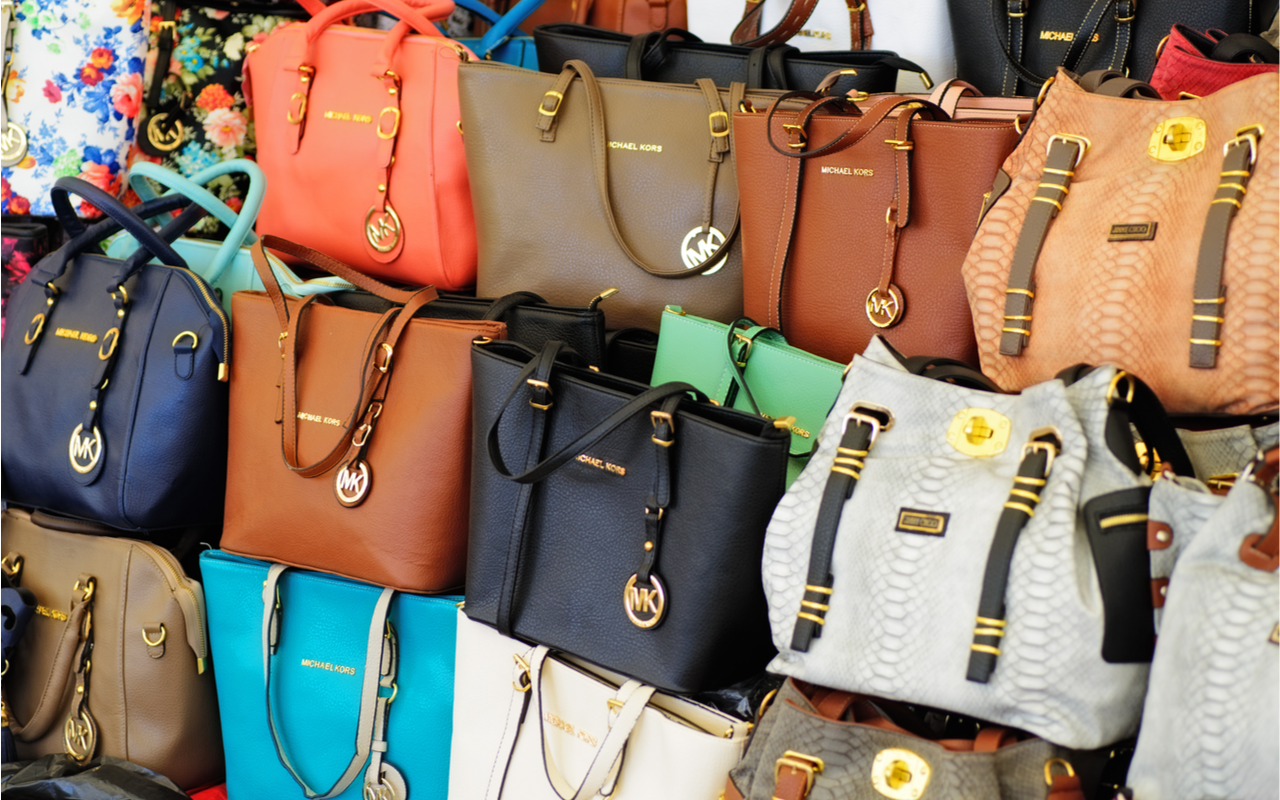Not only are Chinese Gen Zers among the world’s best-informed consumers on intellectual property rights (IPR), their attitude towards buying fake goods are also more likely to be driven by morality rather than financial considerations.
These are two findings from a new report by the International Trademark Association (INTA), which researched consumer attitudes among Gen-Z consumers from 10 different countries. Titled “Gen Z Insights: Brands and Counterfeit Products,” the report surveyed young shoppers in China, Argentina, India, Indonesia, Italy, Japan, Mexico, Nigeria, Russia, and the United States. The researchers asked 4,500 respondents to complete a 25-minute online survey. A total of 403 Chinese Gen Zers participated: 202 males and 201 females between the ages of 18 and 23.
Most strikingly, the survey revealed a significantly higher-than-average awareness of intellectual property rights among Gen Zers in China. Of the Chinese respondents, 99 percent said they had some knowledge of IPR, compared with a global average of 85 percent. Among the other countries included in the study, Japanese Gen Zers were the only other group with more than 90 percent of respondents claiming awareness of IPR.
The results perhaps prove that the prevalence of counterfeit goods in the Chinese market in recent decades has helped shape the younger generation — one which is simultaneously keen on trading up for legitimate products. Chinese Gen Zers were the fifth-most-likely consumers to purchase fake products, with 84 percent saying they had done so “at least rarely” over the past year. This was still above the 79-percent average across the 10 countries. However, 70 percent of Chinese respondents said they expected to buy fewer counterfeits in the future. Only respondents from Indonesia and Nigeria echoed this position in greater numbers.
While only 62 percent of all respondents to the INTA survey said a brand name was “somewhat important” or “very important,” China’s Gen Zers tend to take brands more seriously. According to the report, 74 percent of Chinese Gen-Z consumers said that a brand name was at least somewhat important to them.
Brands are currently scrambling to adapt their messaging to target Gen-Z consumers, who are set to become the largest generational cohort of consumers worldwide by 2020. This generation has grown up in a world where international trade in counterfeits is booming and digital piracy is predicted to reach 2.81 trillion in 2022. “The door is open to change Gen Z’s mindset and buying habits,” said INTA President David Lossignol, Head of Trademarks, Domain Names and Copyrights at Novartis Pharma AG in Switzerland. “The study alerts brand owners that they need to pay attention and adapt marketing strategies.”
In April, the Standing Committee of the National People’s Congress announced amendments to the country’s Trademark Law that target bad-faith trademark registrations. The amendments will go into effect in November this year and are intended to prevent individuals from seeking to register and hold trademarks with no intention of using the trademark.
Here are a few additional takeaways from the report:
- Nearly all of the Gen Zers surveyed in China have a “strong respect for the value of people's ideas and creations”
- About 80 percent of the Chinese Gen Zers in the study think “it's important to buy genuine products,” while the global average is 74 percent
- Approximately 61 percent of Gen Zers buy counterfeits because they're easy to find — something China's e-commerce giant Alibaba is trying to put a stop to
- According to the report, “China is one of the few countries where morals beat income — by five percent — as the key influences on Gen Zers’ opinions about fakes. In contrast, globally, income outpaced morals by 10 percent”

